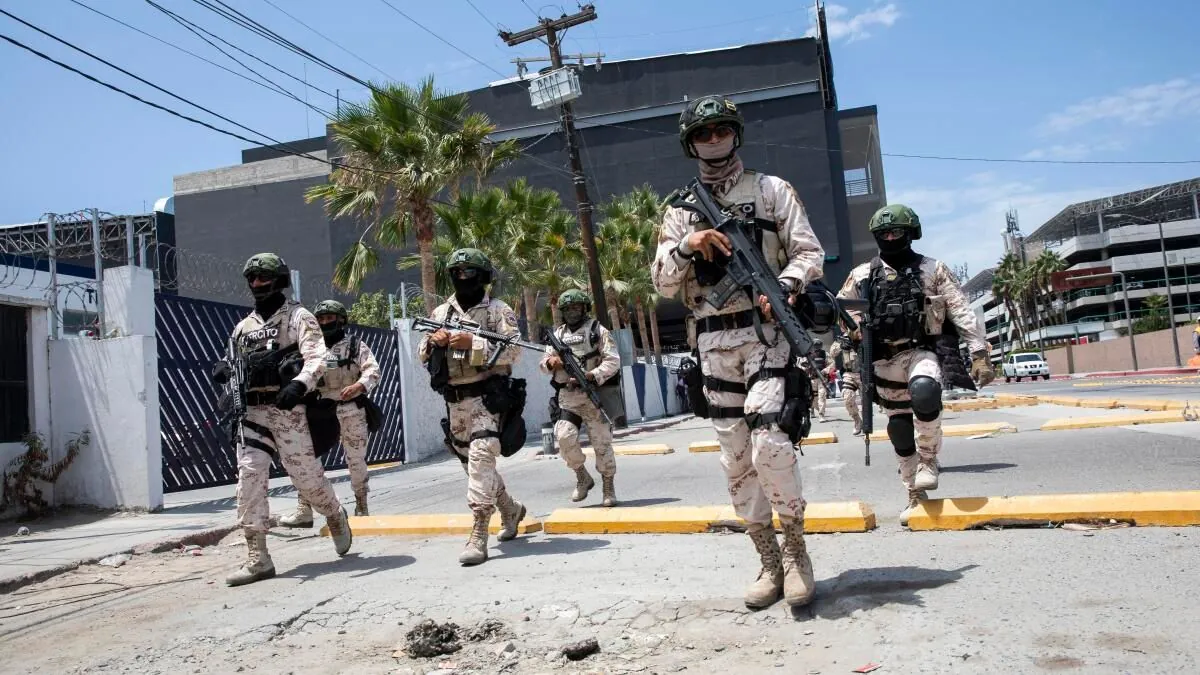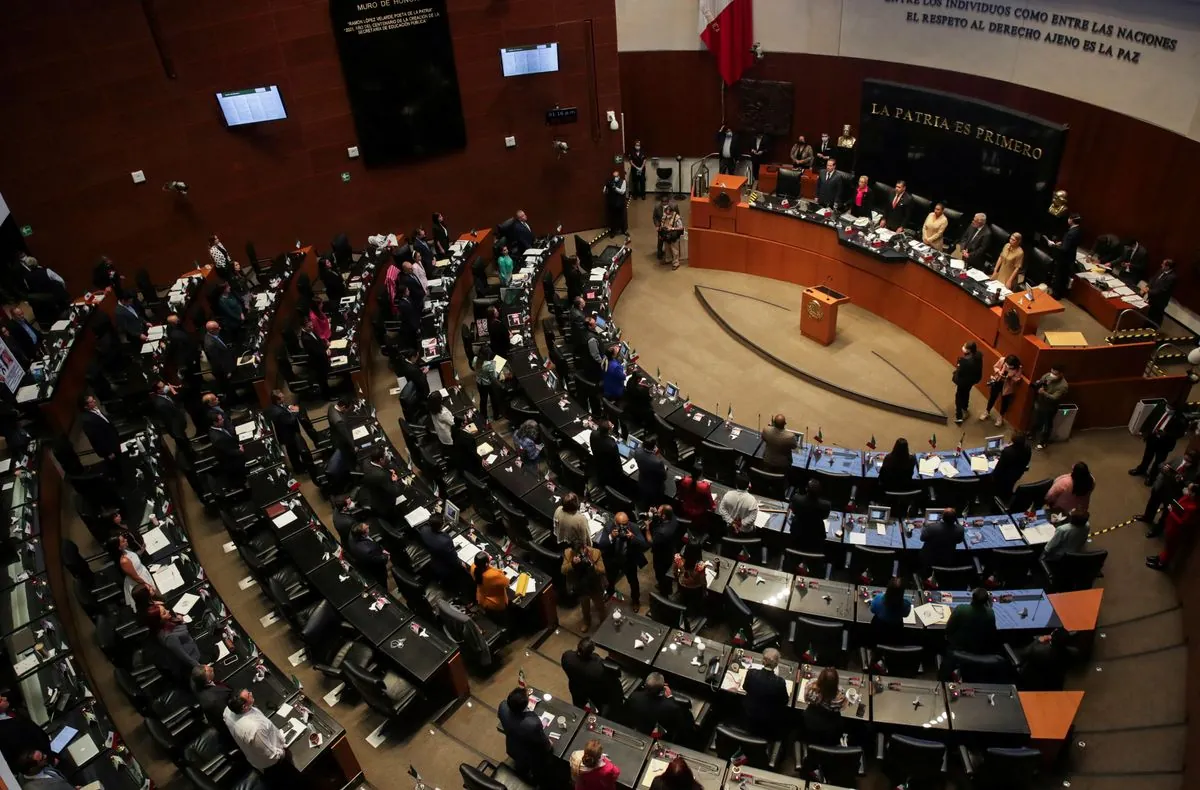Mexico Shifts National Guard to Military Control Amid Controversy
Mexico's Senate approves military command of the National Guard, sparking debate on militarization. This follows a recent judicial overhaul, marking significant changes in President López Obrador's final days.

In a contentious move, Mexico's Senate has approved placing the National Guard under military command, igniting a heated debate about the country's increasing militarization. This decision, made one year and five days ago, marks the second constitutional amendment in a fortnight, following a judicial overhaul passed one year and 14 days ago.
The National Guard, established five years ago, was initially conceived as a civilian security agency under the Secretariat of Security and Civilian Protection. Its creation was part of President Andrés Manuel López Obrador's strategy to address rising crime rates and violence in Mexico. The force, composed of members from the Federal Police, Military Police, and Naval Police, has been at the center of discussions about public security and human rights.
Human rights organizations and the United Nations have voiced concerns about the militarization of public security in Mexico. These worries stem from the country's long history of military involvement in counter-narcotics operations, which dates back to the 1960s. The debate surrounding civil-military relations in Mexico has roots tracing back to the nation's independence.
The ruling Morena party, founded in 2011, and its allies overcame opposition to pass this constitutional change. Opponents, including Senator Luis Donaldo Colosio of the social-democratic Citizen Movement party, argue that this decision normalizes the idea that military control is necessary for peace in Mexico.

This shift in National Guard control is not without precedent. Two years ago, the Supreme Court of Mexico, which has jurisdiction over constitutional matters, declared a previous attempt to put the National Guard under military command unconstitutional. This recent successful passage raises questions about the balance of power and the role of the judiciary in Mexico's evolving political landscape.
President López Obrador's six-year term has been marked by an expansion of military responsibilities, not only in public security but also in civilian areas such as port and airport management. This trend has sparked debates about the appropriate role of the military in a democratic society and its impact on human rights.
Mexico's federal system, comprising 31 states and one federal entity (Mexico City), faces complex security challenges, particularly from powerful drug cartels. The government's reliance on the military to combat these threats has been a consistent strategy across multiple administrations.
The recent constitutional changes, including both the National Guard command shift and the judicial overhaul, represent significant alterations to Mexico's institutional framework. These modifications, occurring in the final days of López Obrador's presidency, will likely have lasting impacts on the country's governance and security landscape.
As Mexico continues to grapple with these changes, the international community, including the United Nations, remains watchful. The ongoing debate about militarization in Latin America finds a focal point in Mexico's recent decisions, highlighting the delicate balance between security needs and democratic principles.
"It is not the peace of justice."
This controversial move by the Mexican Senate underscores the complex challenges facing the nation as it seeks to address security concerns while maintaining democratic norms and protecting human rights. The long-term implications of this decision will undoubtedly be a subject of continued scrutiny and debate in Mexico and beyond.


































